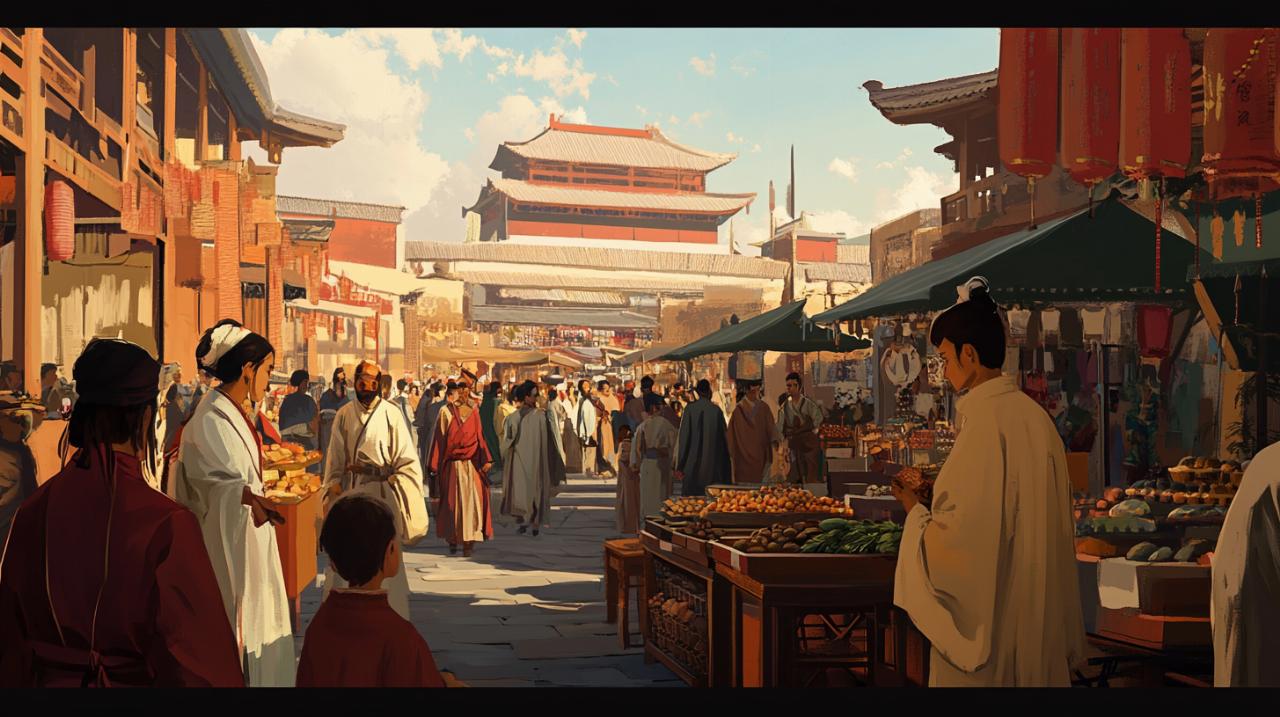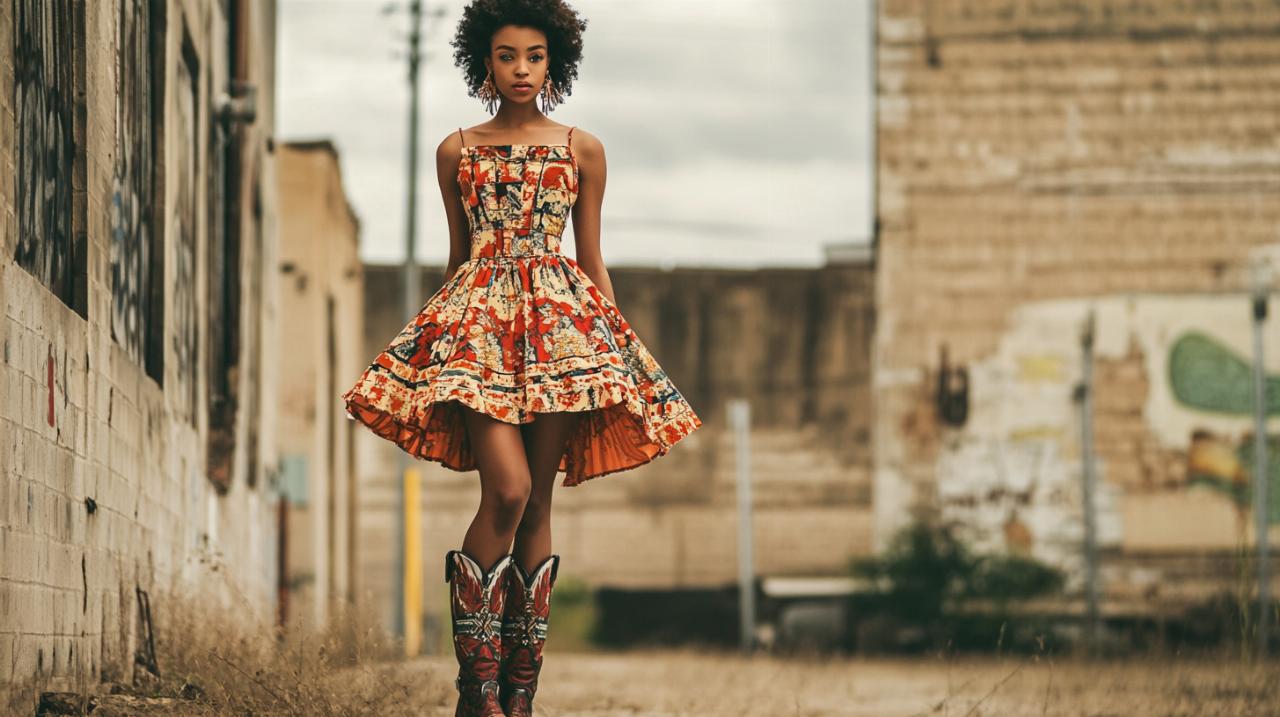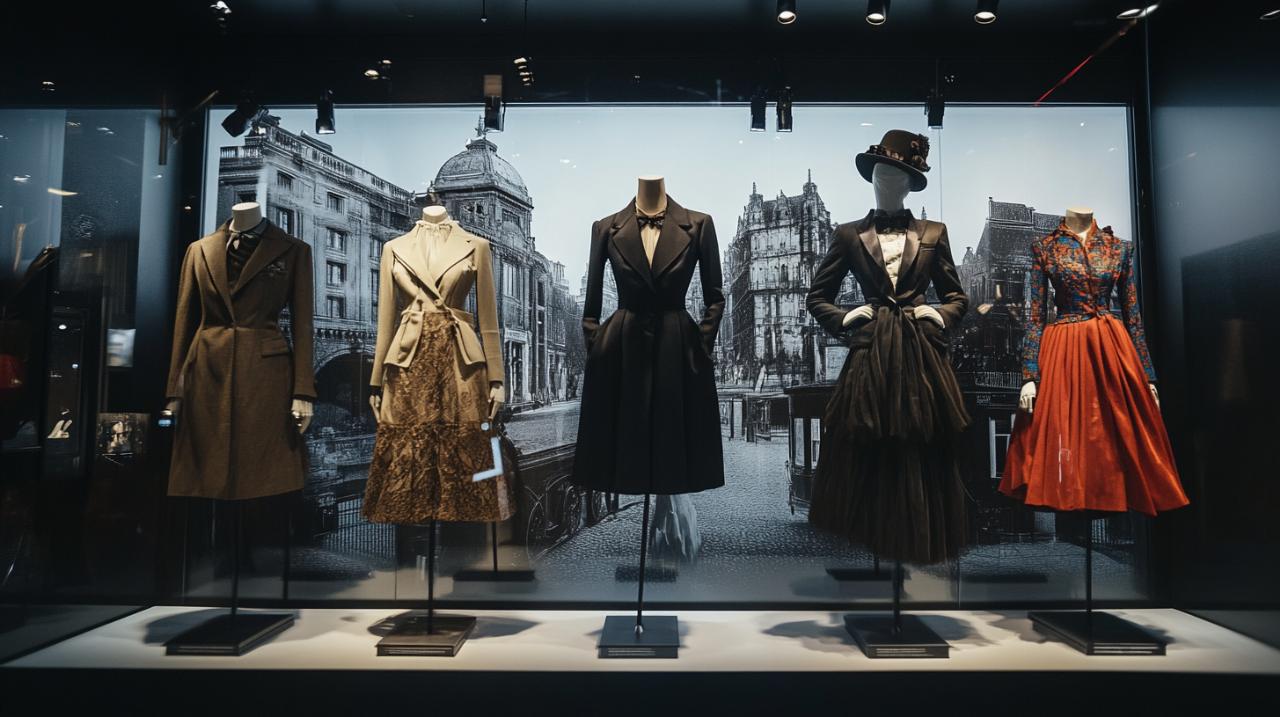Television drama has become a mirror reflecting the intricacies of our daily lives, capturing the essence of how we navigate relationships, work, and personal identity in an ever-changing world. From the living rooms of British households to the screens of global audiences, modern series are engaging with themes that resonate deeply with viewers, offering not just entertainment but a lens through which to examine contemporary existence. These programmes invite us to consider the challenges and triumphs of modern life, blending compelling narratives with the realities many face today.
Contemporary social issues reflected on screen
Modern drama series have embraced the responsibility of addressing pressing social concerns, weaving them into storylines that feel both authentic and urgent. Writers and creators are no longer shying away from topics that were once considered too controversial or complex for mainstream television. Instead, they are crafting narratives that highlight the lived experiences of diverse communities, sparking conversations that extend far beyond the screen. This shift has been particularly evident in how programmes explore themes of inequality, identity, and the struggles that define our times.
Mental Health and Wellbeing Narratives in Current Programming
One of the most significant developments in recent years has been the sensitive and nuanced portrayal of mental health challenges within drama series. Characters are no longer relegated to simplistic stereotypes; instead, they are depicted with depth and humanity, grappling with anxiety, depression, trauma, and other conditions in ways that feel real and relatable. This approach has helped to destigmatise conversations around wellbeing, encouraging viewers to reflect on their own experiences and seek support when needed. By incorporating society and lifestyle trends into these narratives, creators are acknowledging that mental health is not an isolated issue but one intertwined with the pressures of modern living, from economic uncertainty to the demands of digital connectivity.
The impact of these portrayals extends beyond individual stories. Programmes that tackle mental health with care and authenticity often inspire broader discussions within families and communities, fostering empathy and understanding. Characters who experience therapy, recovery, and setbacks provide viewers with a roadmap for navigating their own challenges, demonstrating that seeking help is a sign of strength rather than weakness. This evolution in storytelling reflects a broader cultural shift, one that recognises the importance of mental wellbeing in shaping a fulfilling life.
Class Divisions and Economic Struggles in Drama Storytelling
Economic inequality remains a defining issue of our era, and contemporary drama series have not hesitated to explore its many dimensions. From the gritty realities of working-class families striving to make ends meet to the moral complexities faced by those in positions of privilege, these programmes illuminate the widening gap between different social strata. Storylines often delve into the systemic barriers that perpetuate disadvantage, examining how access to education, healthcare, and opportunities varies dramatically depending on one's background.
Characters navigating precarious employment, housing instability, or the pressures of upward mobility offer viewers a window into experiences that may differ from their own, fostering a sense of solidarity and awareness. At the same time, dramas that explore the lives of the wealthy often interrogate the ethical dilemmas and emotional voids that accompany affluence, challenging the notion that material success equates to happiness. This multifaceted approach to class and economics enriches the narrative landscape, encouraging audiences to question the structures that shape society and consider their own roles within them.
Evolving lifestyle representations in television drama

As societal norms continue to evolve, so too do the representations of lifestyle choices and relationships in television drama. Modern series are increasingly reflecting the diversity of how people choose to live, love, and define success, moving away from outdated conventions and embracing a more inclusive vision of contemporary existence. This shift has been instrumental in validating a wide range of experiences, ensuring that audiences from all walks of life can see themselves represented on screen.
Modern Family Structures and Relationships Portrayed in Series
The traditional nuclear family, once the default template for television households, has been joined by a rich tapestry of alternative family structures in contemporary drama. Single-parent households, blended families, same-sex couples, and chosen families formed by friends and communities are now central to many narratives, reflecting the reality that there is no single way to build a meaningful life. These portrayals challenge outdated assumptions and celebrate the resilience and creativity required to forge connections in a complex world.
Romantic relationships, too, have been reimagined, with dramas exploring the messiness and beauty of love in all its forms. Characters navigate long-distance partnerships, open relationships, and the challenges of dating in the digital age, offering viewers a candid look at the evolving landscape of intimacy. By presenting these stories with honesty and compassion, modern series acknowledge that relationships are as varied as the individuals within them, and that there is no one-size-fits-all approach to finding happiness.
Digital Age Living and Technology's Impact on Characters
The pervasive influence of technology on daily life has become an inescapable theme in contemporary drama. Characters are often seen grappling with the double-edged sword of connectivity, where social media, instant messaging, and online communities offer both opportunities for connection and potential sources of anxiety and alienation. Storylines explore how digital platforms shape identity, influence behaviour, and alter the dynamics of personal and professional relationships, reflecting the lived reality of audiences who are themselves navigating these challenges.
From the pressures of maintaining a curated online persona to the ethical dilemmas posed by surveillance and data privacy, modern dramas interrogate the ways technology reshapes our world. Characters may experience the thrill of viral fame or the devastation of cyberbullying, highlighting the profound impact of the digital age on mental health and self-perception. By integrating these elements into their narratives, creators are acknowledging that technology is not merely a backdrop but a central force shaping the contours of modern existence.
The exploration of lifestyle and social trends in drama series is not just a reflection of our times but an active participant in shaping cultural discourse. By engaging with the complexities of mental health, economic inequality, evolving family structures, and digital living, these programmes invite viewers to think critically about the world around them and their place within it. As the landscape of television continues to evolve, driven by the creative freedom afforded by streaming platforms and the demand for diverse storytelling, it is clear that drama will remain a vital space for exploring the human condition in all its richness and complexity.




